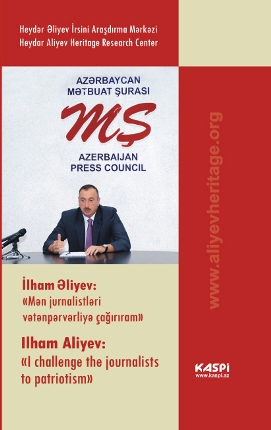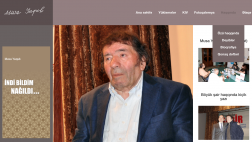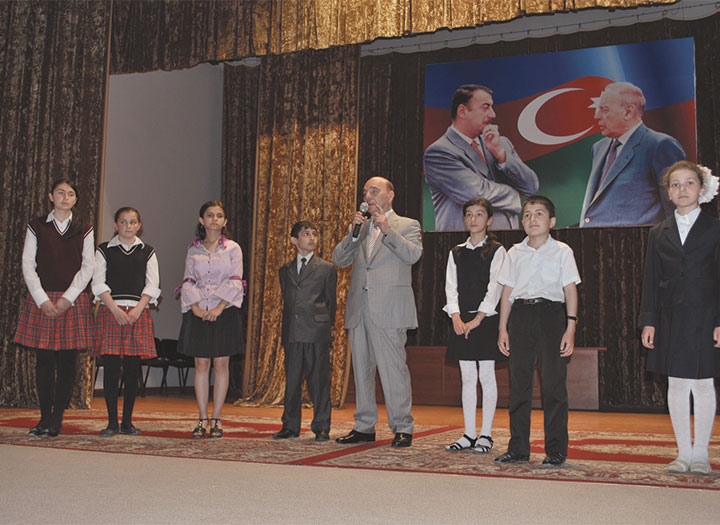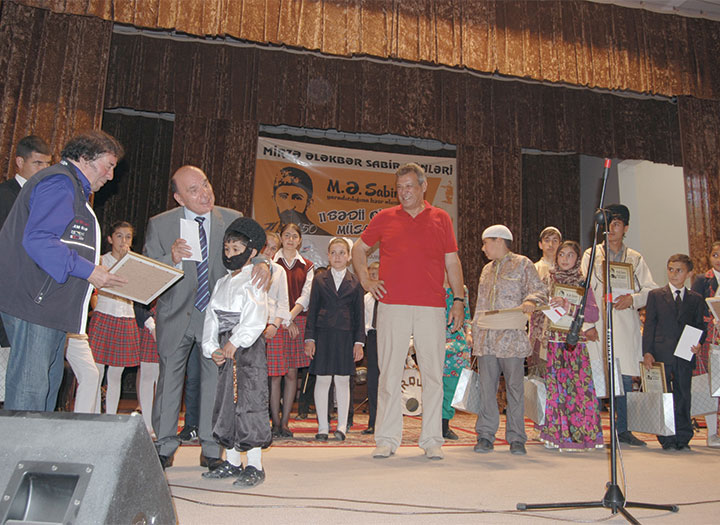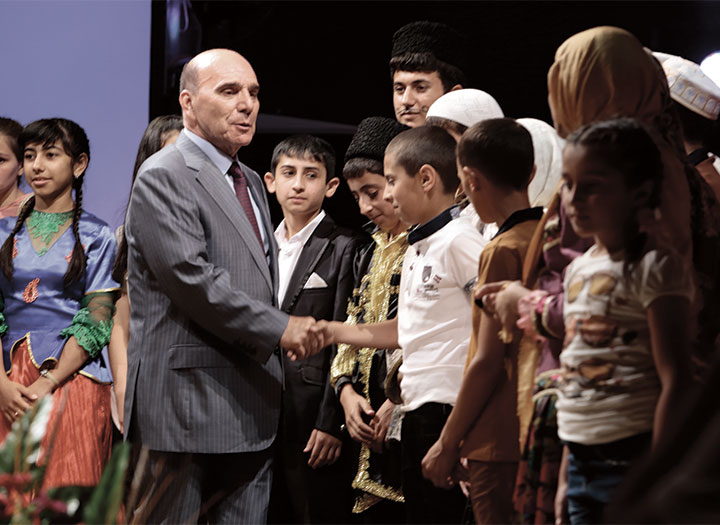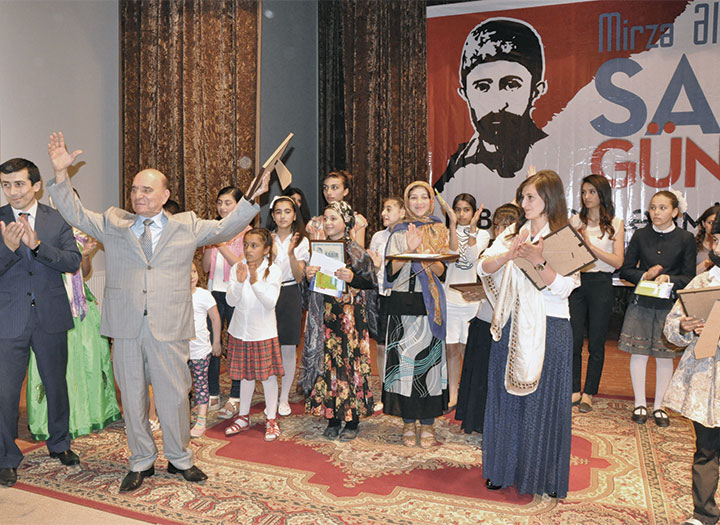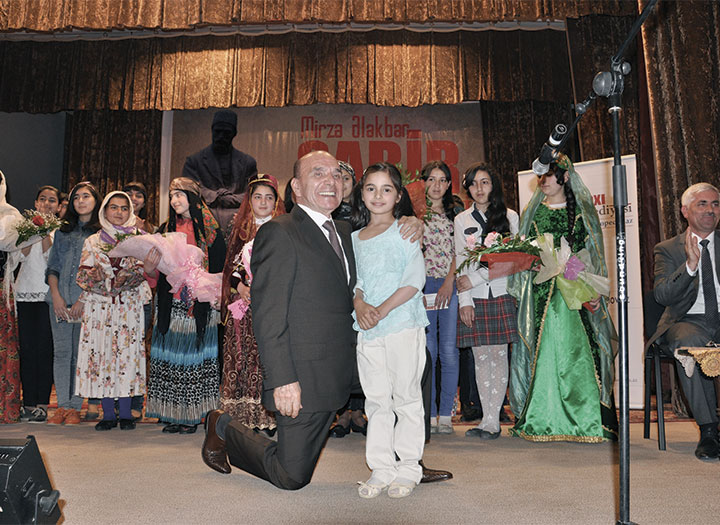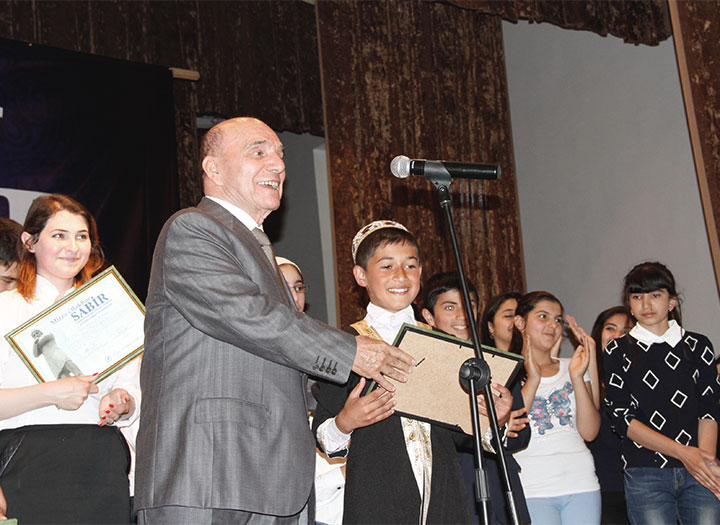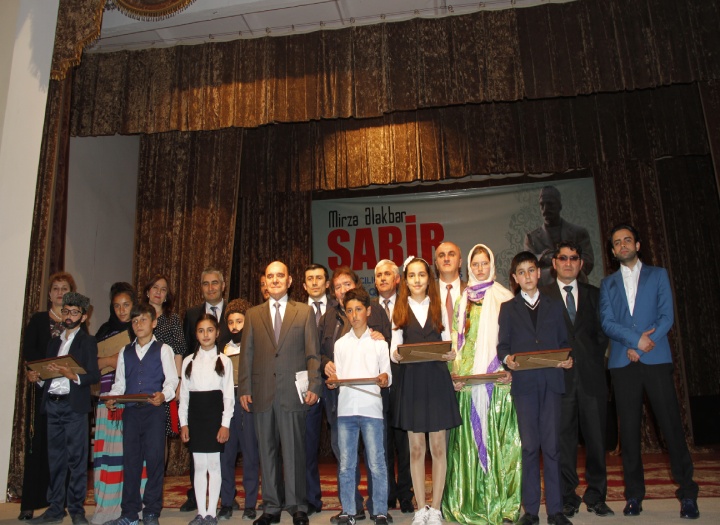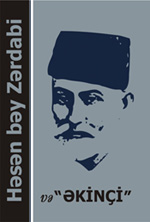 The church which was engaged at that time, certainly, in a noble activity, i.e. protected destitute and oppressed beggars, nevertheless, by its ideology, by the sermon of the Christian doctrine aspired to protect the Bible from distortion, to keep the initial church text. And, accordingly, it set certain restrictions on the ideas allowed for preaching. Unlike the antiquity when people had believed in many gods, the situation changed. Then with many gods there was neither a problem of censorship nor a problem of access to any texts.
The church which was engaged at that time, certainly, in a noble activity, i.e. protected destitute and oppressed beggars, nevertheless, by its ideology, by the sermon of the Christian doctrine aspired to protect the Bible from distortion, to keep the initial church text. And, accordingly, it set certain restrictions on the ideas allowed for preaching. Unlike the antiquity when people had believed in many gods, the situation changed. Then with many gods there was neither a problem of censorship nor a problem of access to any texts.
Thus a censorship appears. In the beginning censorship was set to keep texts in origin. Later it turned into a means to persecute heterodoxies. Here again people began to be divided into those who had the right for censoring (kings and tsars, clerics) and those who were to obey. In the process of censorship development the institute of inquisition was created. Then people who had other, their own points of view were imposed to double punishment. First, their books were destroyed, burnt. Secondly, those accused of heresy were burnt. Indeed, if to look through historical materials about inquisition it becomes clear that they were burnt not only for this purpose. I visited the museum of inquisition in the city of Lima. There is an announcement that proves that there, as a rule, people were executed for adultery. In Spain there was the only chief inquisitor known by his burning several volumes of books.
Thus the Reformation started and put forward a thesis that a person has the right to communicate with the God without an intermediary – the priest. And it served from many respects to the beginning of the movement for human rights: for the right to think, the right to have one’s own opinion, to defend this opinion, not acting from atheistic positions. These people acted as fighters against tyrants and demanded the right to communicate with the God for every person.
In this sense the Protestant church opposed inquisition and censorship. And representatives of this church, people who highly appreciated the Christian ideals, at the same time began to support freedom of speech. Luther and some other leaders of the Reformation started doing this to some extent. Anyway, they struggled for clearing a hierarchical structure and against submission to a powerful authority, against the concept of a person’s being a subject of the Pope’s authority or the king as the Pope’s subject. Then this idea was supported by the philosophical concepts originated during the Renaissance. They spoke of humanism, humanity. Confluence of these two very different tendencies of struggle against papal monopoly and opposition which is pressure on a person, his/her humanistic values led to a development of human rights ideas. Freedom of press was one of the first similar rights and which was put forward in struggle against authoritative tendencies. Actually, the papal authority personified authoritarianism. Royal authority is also authoritarianism. Citizens were not citizens in a literal sense of this word, they were subjects.
During the English revolution John Milton in his well-known “Ariopahetics” for the first time put forward an idea of freedom of press, freedom of ideas and responsibility of every citizen to think, write and state their ideas, to have opinions. Milton considered any attempt to restrict this right could again lead to strengthening of such an oligarchy as Catholic Church. The further development of the concept of freedom of human rights was connected with the activity of English and French philosophers – Gobbs, Lokks, Montesquieu, Russo, Didro and others. They put forward a number of important concepts which changed a representation about the world, what it should be like. For example, the concept of a civil society which then, maybe, was still differently referred to. Division of authorities into an administrative authority, an authority of the government, legislative and judicial ones was made by Montesquieu. And within the limits of these philosophical doctrines the new understanding of the concepts of a person came into light.
In England in 1688 where the great compromise took place, “a nice revolution”, human rights were respected. But people in England are not citizens till now they are her Majesty’s subjects. They are very free, but not absolutely, because they should recognize even just formally the authority of Queen. A monarch is the Supreme authority who consecrates the constitutional regime and protects it as well. In our country sometimes even on TV they speak that we need a monarch in Russia and then everything will be in order. But journalists do not take into account that first of all a monarchy assumes a developed democratic system, i.e. an elected parliament, a government accountable to the parliament, and an independent court that exists in England.
Most consistently these issues were solved in the United States of America and in France. In France during the French revolution of 1789 they accepted the Declaration on human and citizen rights. And a similar declaration was accepted in Russia too. It is a part of our Constitution. The Declaration states the right of freedom of press as a personal and a citizen’s human right because it was much more important from this point of view.
A little later the US Constitution was amended and said that the Congress could not interfere in the activity of the church and press, could not elaborate laws regulating religion, press and a citizen’s opinion. In this sense freedom of press became the major postulate of the American democracy and the American state development. Therefore freedom had an absolute character there from the Constitutional point of view. And if there are restrictions to freedom of press, they arise in the form of economics. The matter is that the press, as well as the church, cannot operate outside a certain economic transaction. It is necessary to keep buildings of the church, to hold any economic activities. All newspapers should sell their issues, buy paper, inks. In other words, these institutes are not only institutes of belief, religion or institutes of press, but they are also managed. And in this sense their activity is adjusted by the economic legislation which allows the state to take any measures concerning the church, and, maybe, the press. But these actions cannot be spread over the context of the press. Thus, the American concept of freedom of press basically assumes freedom of opinions. And it is very important for understanding. Because when we speak about freedom of press, we often take it very widely, as economic freedom, freedom of business. All this takes place. But freedom of opinion can not be banned by law which is important.
In this sense the American Constitution defines the major part of freedom of press. Upon the American laws it is impossible to judge a journalist for the context. He/she can be prosecuted for slander, intervention in a private life and other offences which are beyond a lawful journalistic activity. But not for a point of view, not for opinion.
A new step in the concept of freedom of press was made by Frenchmen who in the same declaration, I spoke above, entered the concept “abusing of freedom of press”. And this for the first time led to elaboration of the legislation on press.
Nowadays there are about the same parameters defining freedom of press. Press is not the one tool for one’s opinion, point of view and information expression. Today there are various mass media: newspapers, magazines, radio, TV, cable broadcasting. At last, there are mass media on the Internet which are available for many people today. Therefore the right for freedom of press gets a wider character.
Let’s say, we have the law “On mass media” in Russia. I think that it is a very progressive law. It has the only lack: it was accepted in conditions when a social way of Russia was not defined. And then when the problem of a proprietor and property was not perceived seriously. When we considered problems of the press, we did it separately from the problem of property. Today in conditions of the developing institute of property on all kinds of activity and on all kinds of the enterprises and businesses this law seems a little bit archaic. Relationships between citizens and mass media are defined via a founder’s intermediation according to this law. That is any citizen may be a founder of a newspaper, magazine, radio, TV station, news agency. Applying the law on freedom of press, an enterprise as well may establish a newspaper. In this case two very important freedoms are combined: freedom of press and freedom of business. If to speak about what Russia has gained for 10 years of market, and what achievements there are in the Russian democracy, those are the two most important achievements: freedom of press, ideas, opinions and freedom of an entrepreneur’s activity.
Even a student can establish his/her mass media. At a faculty of journalism of the Moscow State University there was a student who published the newspaper “Football” while studying. As far as I know, it is now being published as a magazine. Another student founded an advertising agency. This freedom of activity is very important.
The law “On mass media” does not cover enterprising in freedom of press. It states that a founder establishes, an editor-in-chief edits and journalists write. By the way, journalists have the right not to listen to an editor-in-chief or a publisher. The law says nothing about the owner.
Basically, in many countries of the Western Europe and in the United States owners cannot order editors-in-chief to write what is pleasant for them. They can hire a staff in a suitable way. But by virtue of a today’s level of development of mass media, when diligent, objective and significant information is the major element of a newspaper, a magazine, radio and TV, on one hand, and, the advertising, on the other, allowing a newspaper to exist, there is an external and quite a full independence for a journalist. If you want your newspaper to be read, you should hire good journalists. If you hire good journalists, they have their points of view and opinions you should pay attention to. If you refuse to hire a talented journalist, you will be read less, you will have less circulation, and you will not be applied for advertising.
I am writing this to emphasize, that in Russia in conditions of no normal market it is impossible to found such a newspaper which would depend on skills of a journalist because the market of advertising is very limited. Free-of-charge advertising newspapers and a small number of bad quality entertaining newspapers still exist due to advertising at present.
A serious newspaper cannot publish so much advertising which would prove comfortable existence for it. This forces editions to search for additional incomes with sponsors who could be rich people, owners of any large corporations. That makes mass media dependent on sponsors, and deprives free press of an opportunity to speak freely.
The other sponsor is a state. It can reduce taxes, render various services. As a result, our press appears between two millstones: private and state. Thus they crush press, TV and radio up to their own concerns. The President, the Government, deputies and court are representing the State as well. But, besides, all citizens are also in the state as well as they all constitute a civil society. But I think that in reality human rights in general and human rights on freedom in particular can be exercised only with the development of a civil society. Unfortunately our civil society is in the most rudimentary stage of development. Quite rough pressure from state, brazen interference of the capital makes obstacles for it.
You, probably, know such a phrase. Why are lawns so green and pleasant in England? They say that they have been growing them for 300 years. Freedom of press has been existing in England for 300 years. It was established in the most unexpected way, purely in English. In England there was a law on licensing press. It meant, that every newspaper, magazine, or other edition were to receive the sanction. And it was necessary to prolong this law. The chamber was afraid to make it and the law was not prolonged. Thus free press appeared in England. In this way England allowed freedom of press. And freedom of press has been existing in England more than 300 years; therefore it is so “green” and assured.
In the USA freedom of press has been existing for 200 years. Our freedom of press has been existing for 10 years. Indeed, the time is not long and it is due to some natural laws. They suggest, let’s say, to enter licensing for newspapers but it breaks the principles of freedom of press. I would like amendments to the Constitution, concerning licensing not to be accepted and journalists to have the right to remain fair people. But they should want it as well.
Zasurskiy Yasen Nikolaevich
Professor, dean of the Moscow State University faculty of journalism named after M.V. Lomonosov
